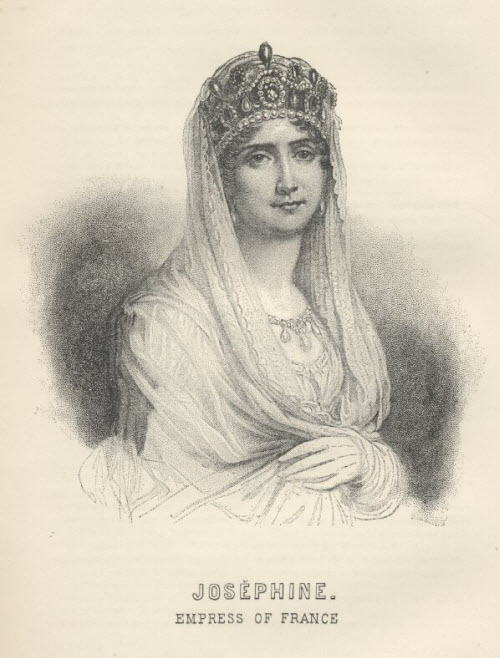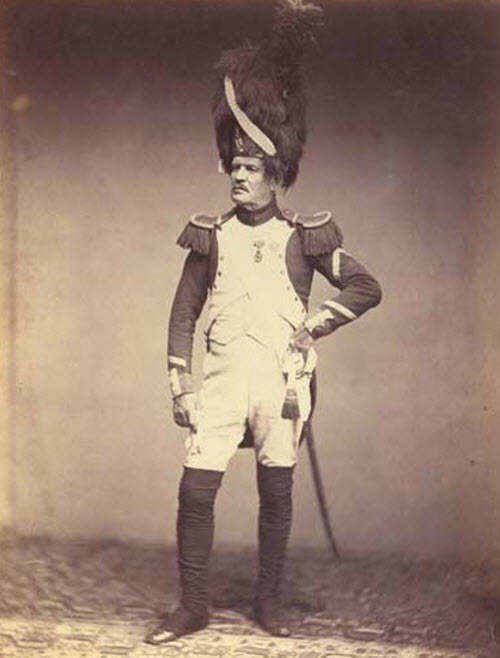Battle of Waterloo
The End of Napoleon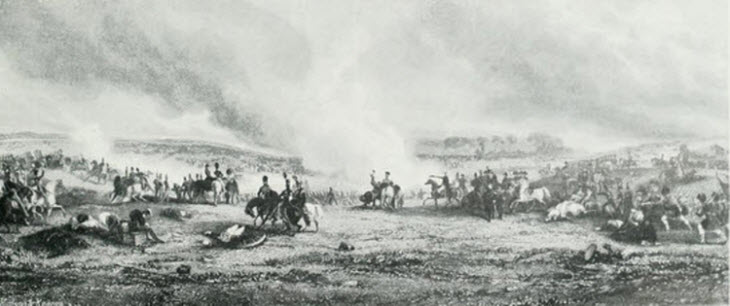
Waterloo: The Battle that Ended Napoleon's Empire
The Battle of Waterloo, fought in 1815, is regarded by many historians and military theorists as one of the most important and decisive battles in history. Its outcome determined the fate of Europe and of the French Empire under Napoleon.
Related Articles
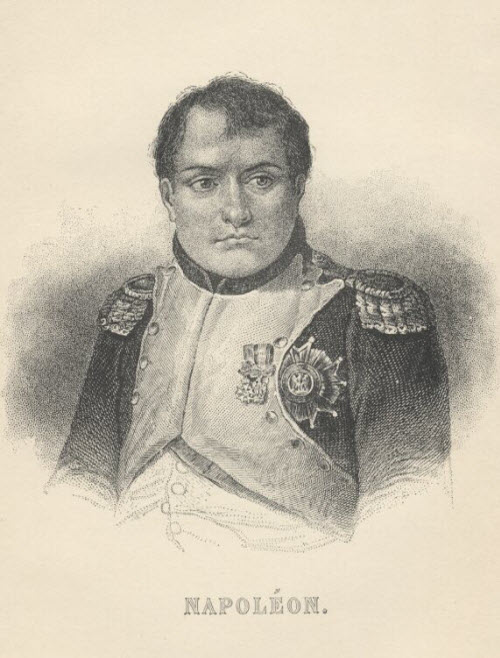
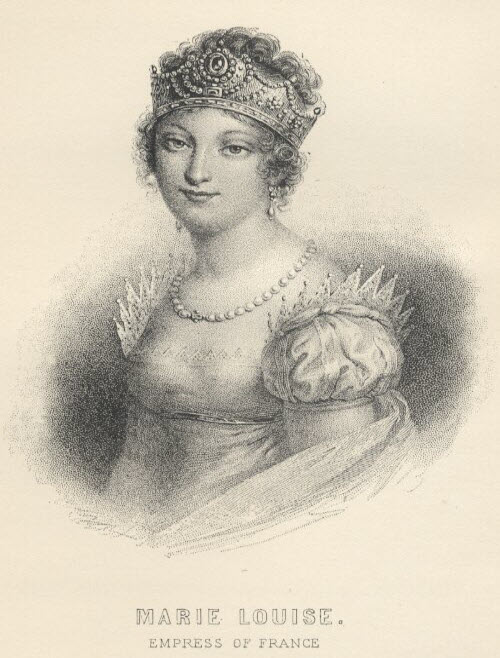
Waterloo
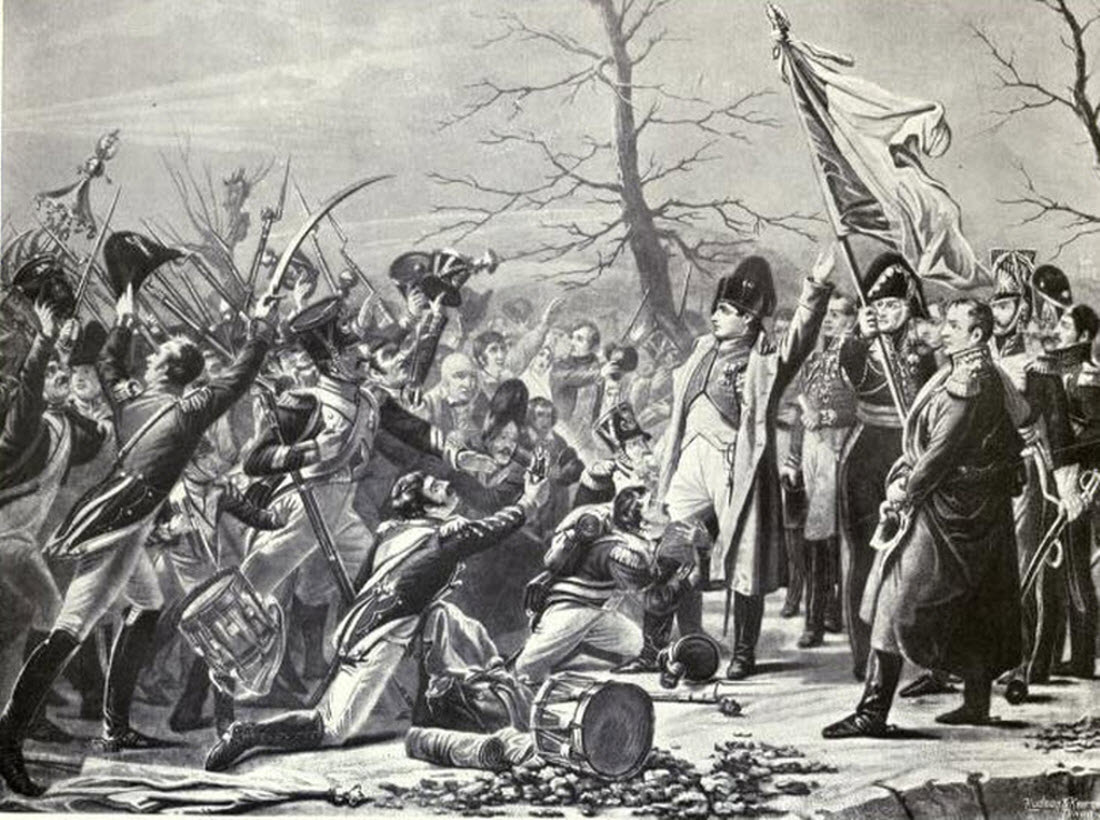
Napoleon's Return from Exile on Elba
The result of the battle of Waterloo was a crushing defeat for Napoleon and a complete unravelling of his empire. It forced the Emperor to abdicate and to surrender to british forces, who sent him into exile to the desolate island of St Helena in the south Atlantic. He would not see France again, though his body would eventually be repatriated.
The outcome of the battle is well known. In fact, the term Waterloo has becom alsmot synonymous with an overwhelming defeat. Yet the battle and the events leading up to it did not foretell a French defeat. In fact, until this sudden and irreversible defeat, Napoleon's fortunes has been on the rise.
Napoleon had just escaped from exile on the island of Elba, where he has been sent after being defeated by the allies and forced to abdicate for the first time. He landed in France with only a small entourage and the armies of the French government, essentially a puppet collaborationist monarchy set up by the allies to run France, were sent to capture or destroy him. But such was the loyalty that the soldiers felt for their old commander, that they defected en masse to Napoleon and he entered Paris in triumph and resumed his Empire.
A coalition of allied powers comprising mainly England, Prussia, Austria, the Netherlands and Russia now gathered their armies and proceeded to a meet at the fateful town of Waterloo where the fate of an empire would be decided.
The French forces were personally commanded by Napoleon as well as his trusted lieutenants, among them marshall Ney. The battle initially seemed to be going well for the French but as a result of a series of missteps by the French Waterloo turned into a rout for the French. The Emperor fled the battlefield, leaving most of his men to their fate. Napoleon himself later attempted suicide by taking poison which had always carried with him in the event that he would be captured. But the poison merely made him sick and so, after abdicating, the Emperor surrendered to the British and he was taken by ship his lonely prison exile, from which he would never return in this life. After his death Napoleon's body was returned to France and was eventually buried in an impressive mausauleum built for that purpose. However in a macabre twist some parts Napoleon's body, including his penis were stolen and kept by souvenir collectors. The Emperor's member has yet to be reunited with his body and is still in the hands of private owners in a pickle jar.
An account of the battle of Waterloo is given here.
